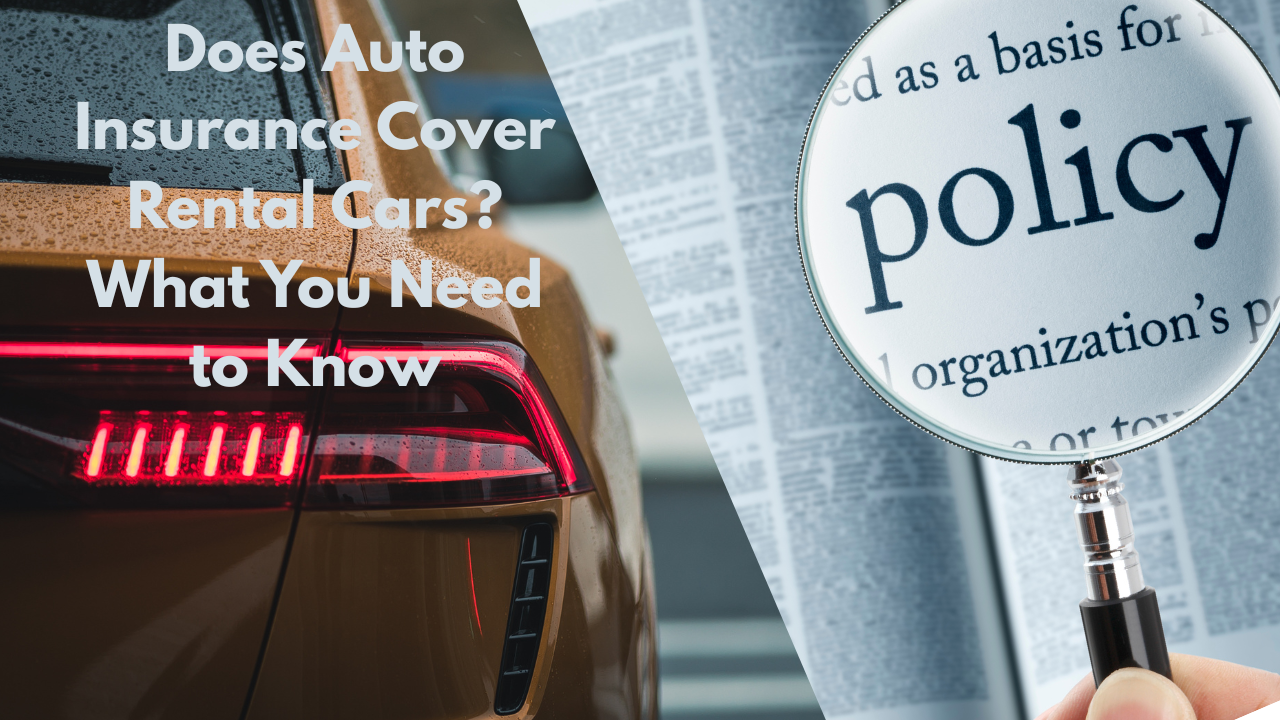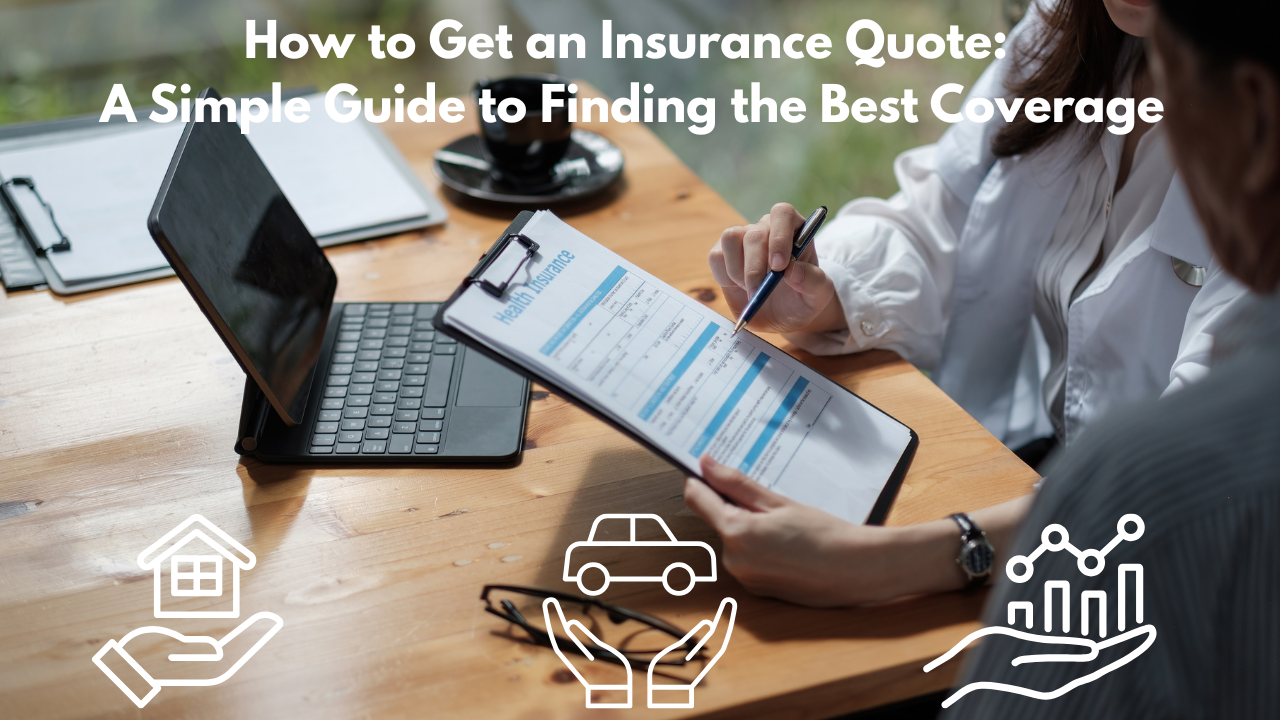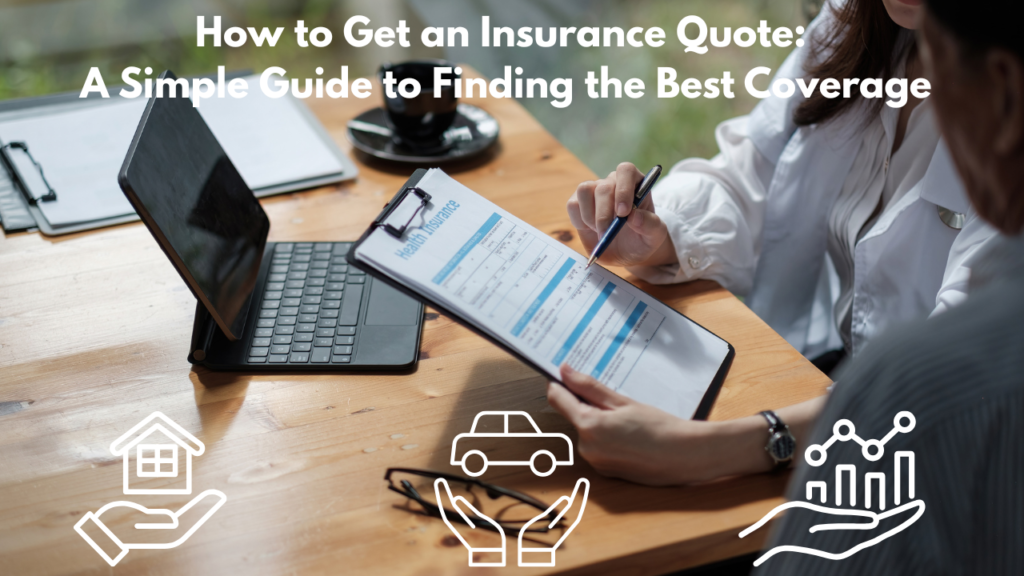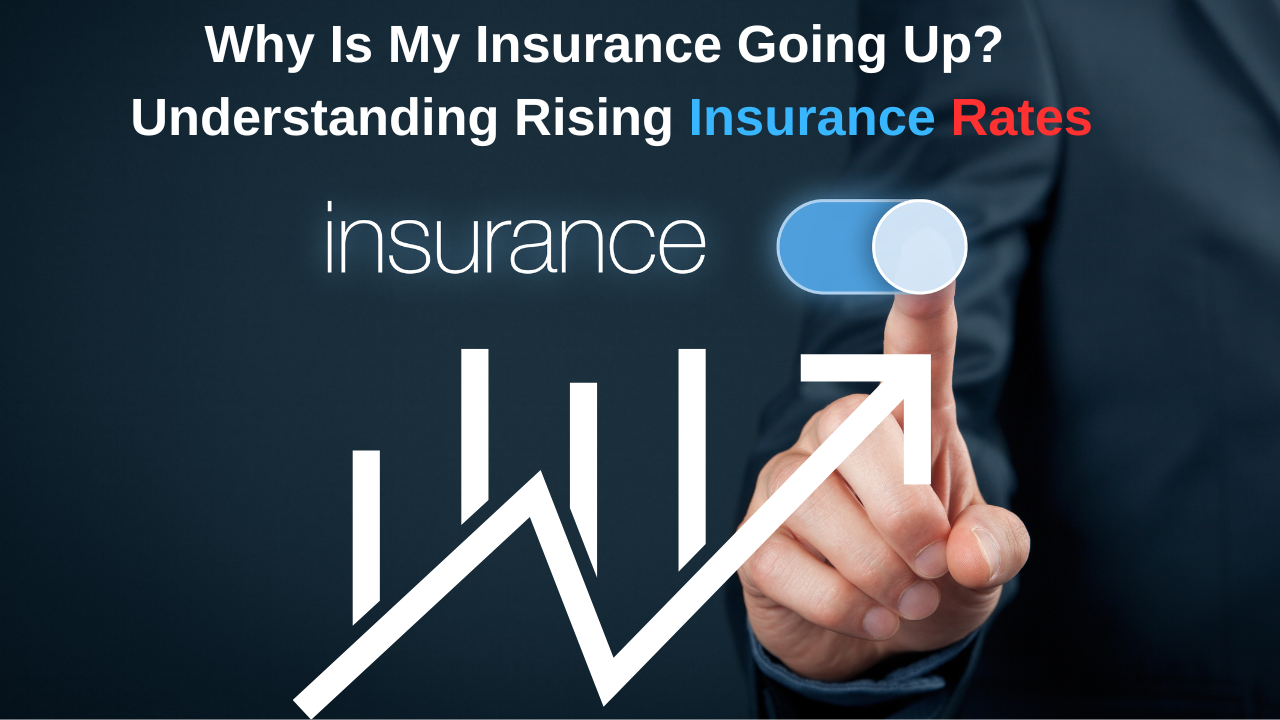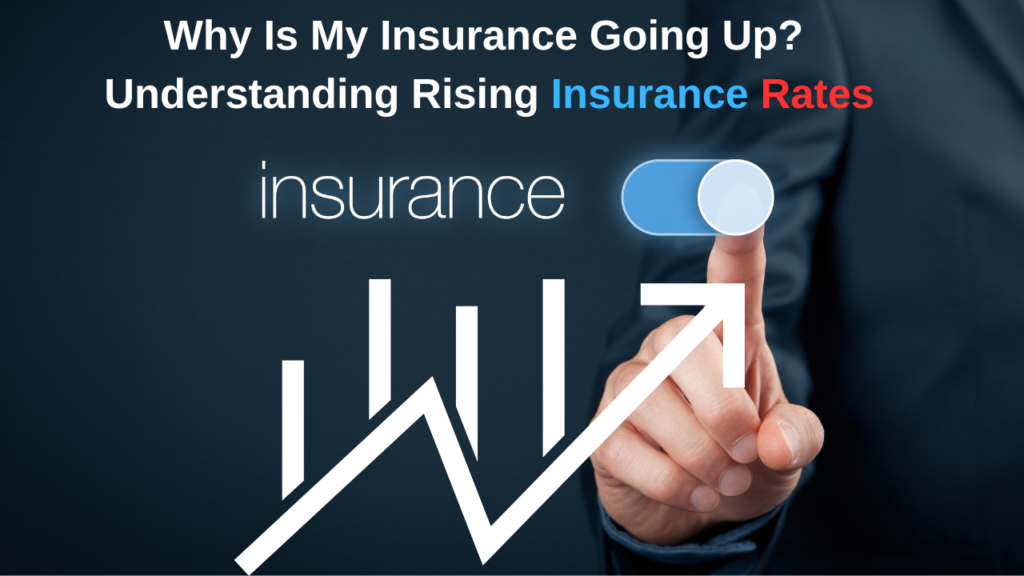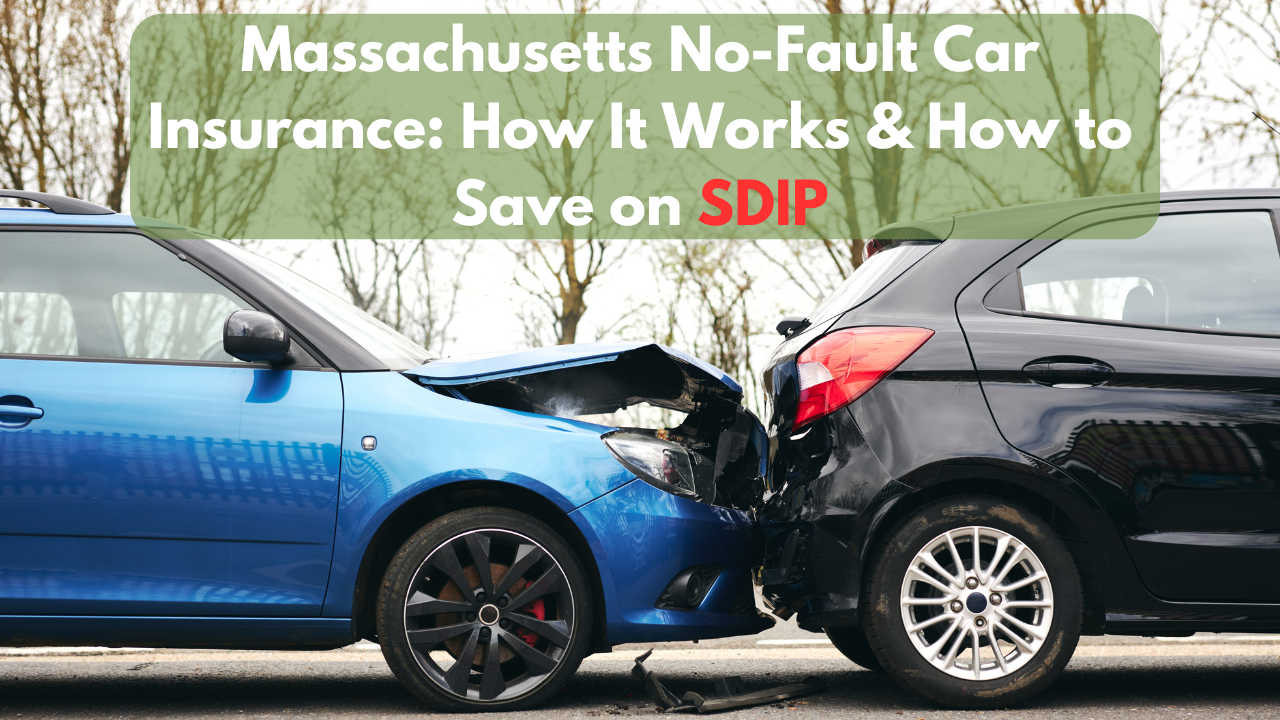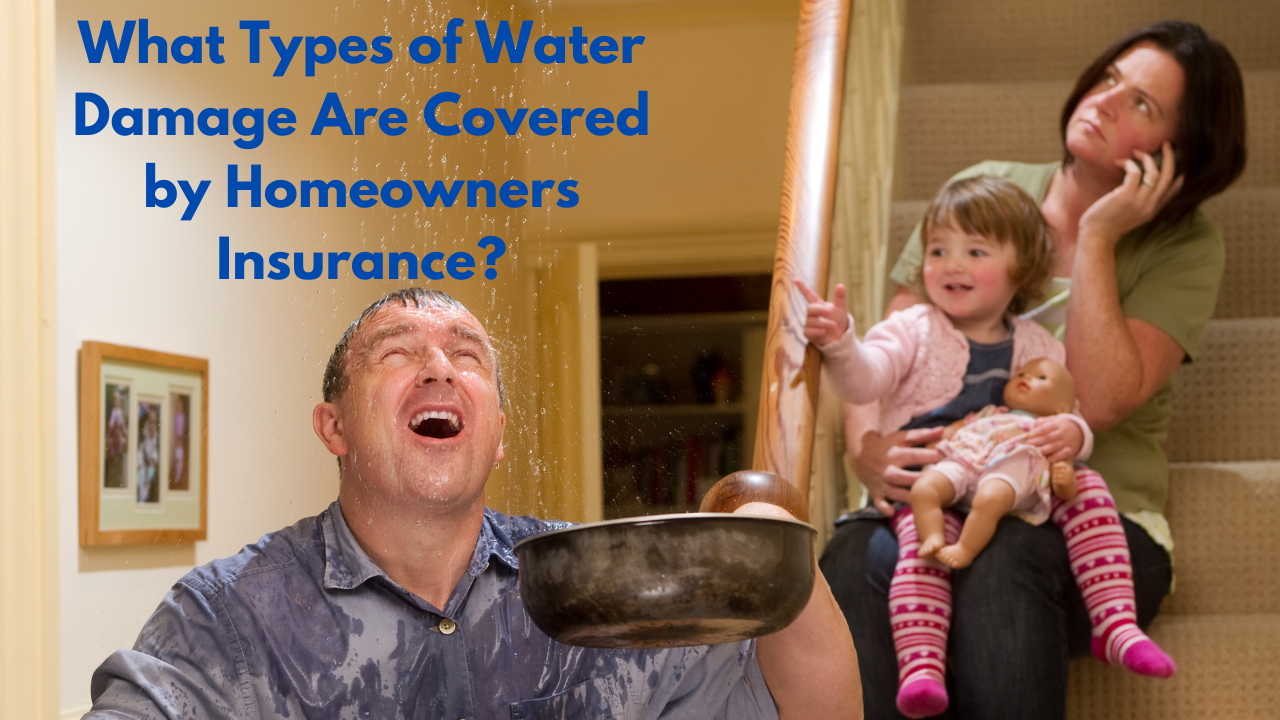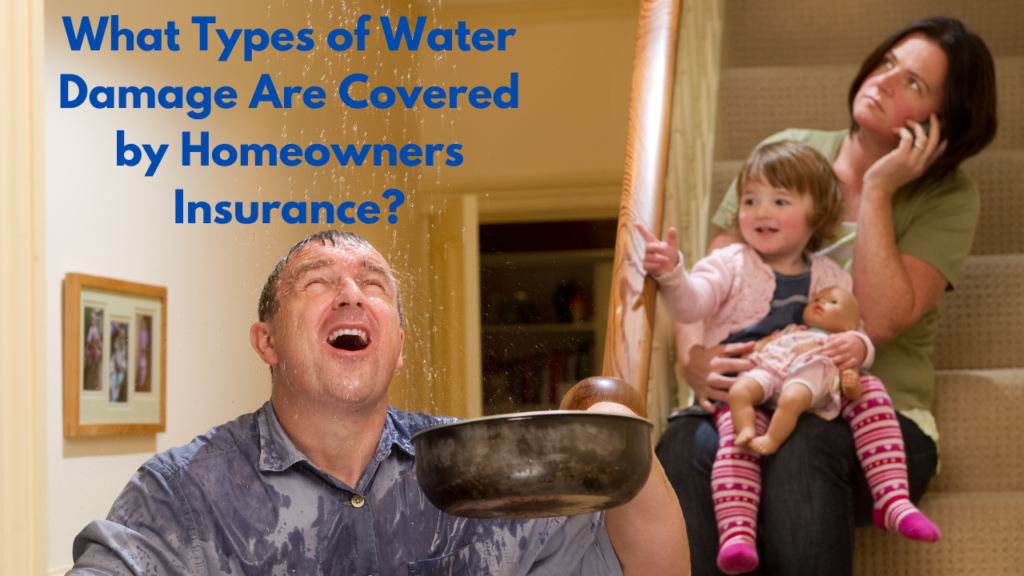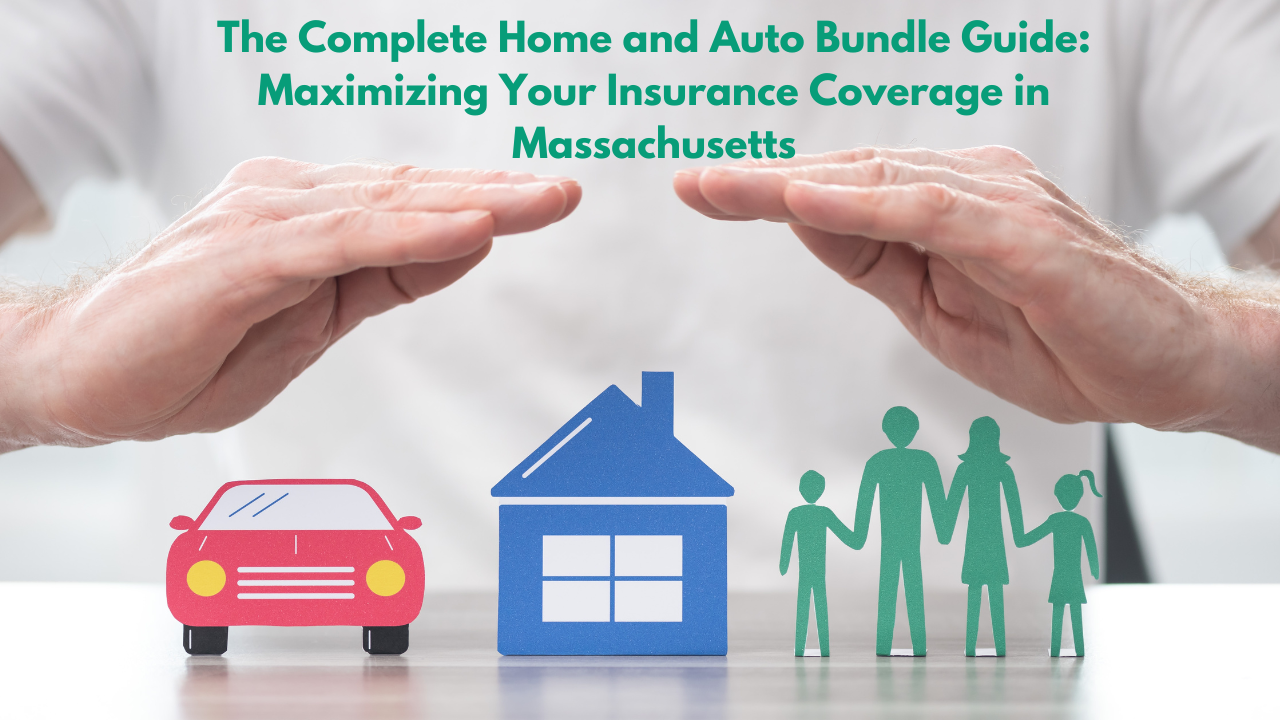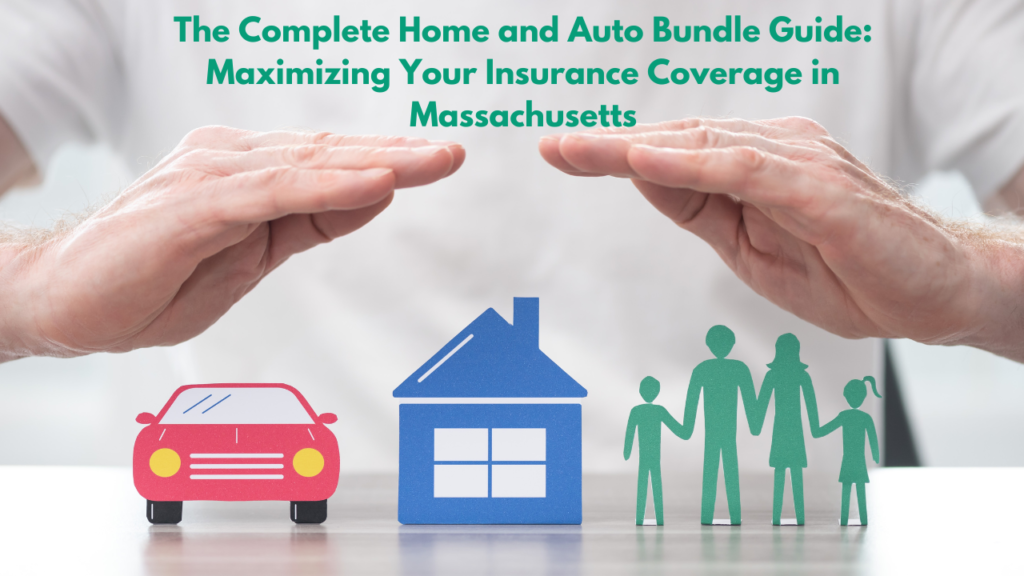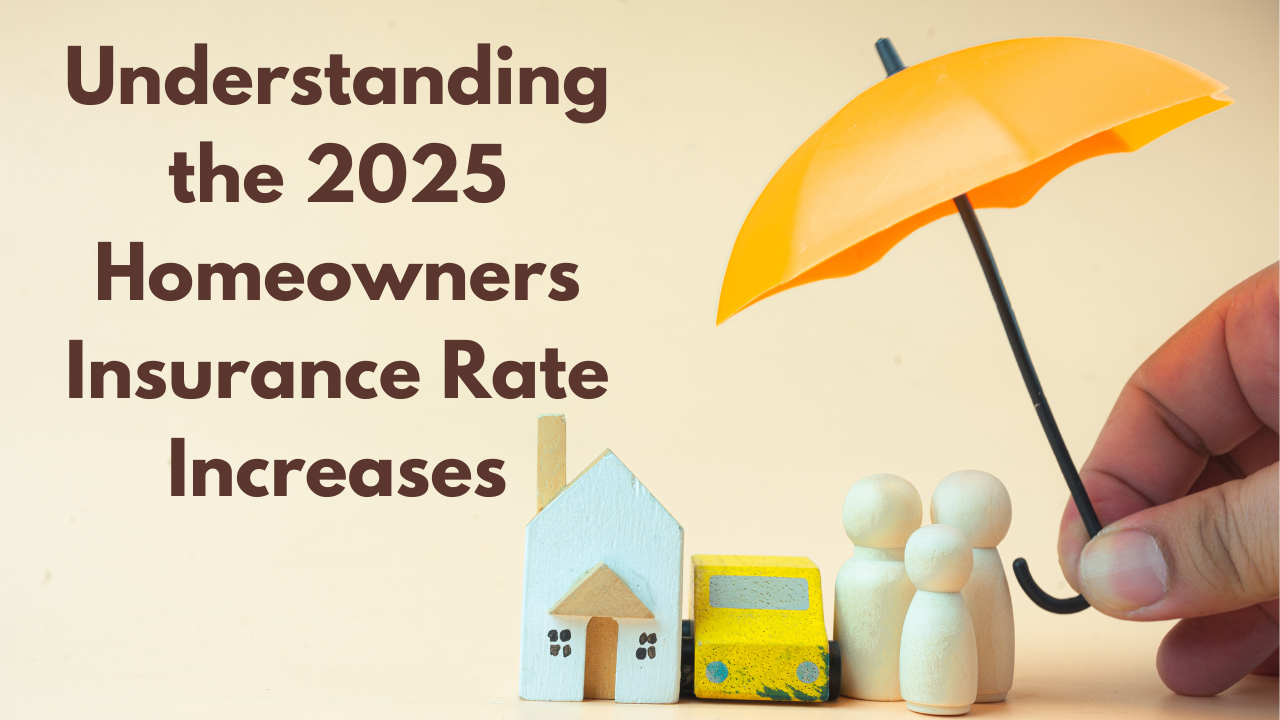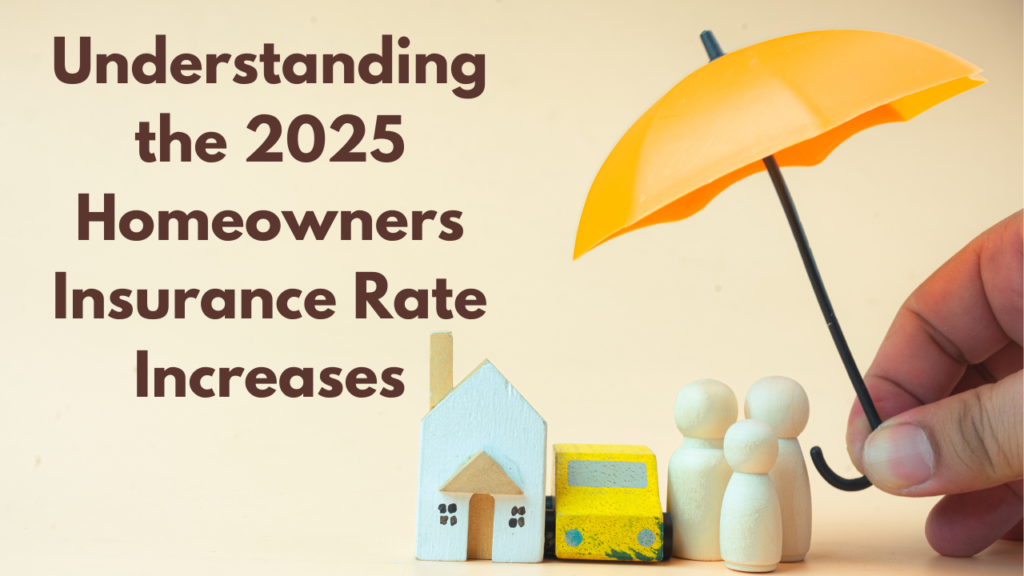Does Auto Insurance Cover Rental Cars? What You Need to Know
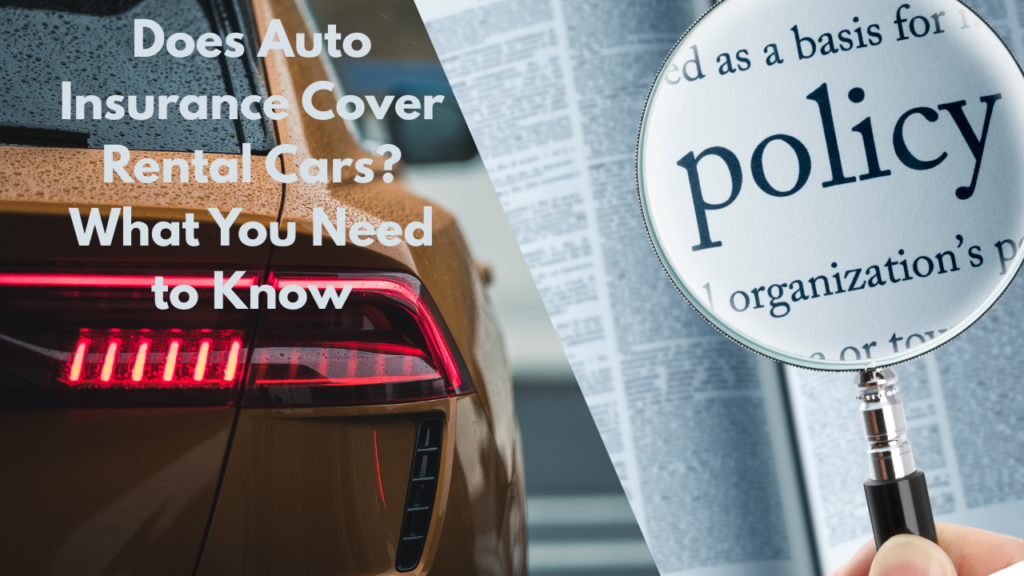
Does Your Auto Insurance Extend to Rental Cars? 🤔
Renting a car for a vacation or business trip seems simple enough. But before you decline the rental company’s insurance, it’s crucial to understand if your personal auto policy provides the coverage you need.
The short answer? Yes, but with some limitations. If you have collision and comprehensive coverage on your personal auto policy, that coverage generally extends to rental vehicles. However, there’s a catch—your policy will not cover loss of use fees that the rental company may charge if the car is damaged in an accident.
What’s the “Loss of Use” Fee? 💰
When you return a rental car damaged, the rental company loses money while the car is being repaired. To make up for this, they may charge you a “loss of use” fee. Unfortunately, most personal auto insurance policies do not cover this fee, which could leave you with a hefty bill.
Example: Let’s say you rent a car, and someone rear-ends you. Your auto insurance covers the repairs, but the rental company charges you an extra $40 per day for every day the car is in the shop. That cost?Coming straight out of your pocket.
This is why many insurance agents recommend purchasing the rental company’s coverage. It may add extra cost upfront, but it protects you from hidden expenses later.
💳 Do Credit Cards Cover Rental Car Damage?
Some credit cards offer rental car insurance as a perk—meaning, if you use that card to pay for the rental, it may cover damages. However, not all cards provide the same level of protection.
✔ American Express (AMEX) offers rental car coverage when you pay with their card. Some cards even allow you to purchase Premium Rental Car Protection for a small fee, which covers loss of use and damage. (🔗 Read more here)
✔ Visa and Mastercard may also provide coverage, but the limits and exclusions vary. (🔗 Check Visa’s rental coverage here)
✔ Chase Sapphire Preferred offers primary rental car insurance, which means it covers the damage before your personal auto insurance kicks in. (🔗 Chase benefits)
🚘 Should You Buy the Rental Company’s Insurance?
While your personal auto policy may cover a rental car, you need to ask yourself:
- ✅ Do I have collision and comprehensive coverage? If not, you have zero protection for rental car damage.
- 💰 Am I comfortable paying out-of-pocket for loss of use fees? If not, rental car coverage is a good idea.
- 💳 Does my credit card offer rental coverage? Check the details before assuming you’re covered.
Final Thoughts: Play It Safe ⚠️
The best way to avoid unexpected costs is to review your personal auto policy and credit card benefits before renting a car. If there’s any doubt, purchasing the rental company’s coverage could be a smart move.
Want to double-check your coverage? 📞 Reach out to your insurance provider to confirm the details of your policy.
📌 Related Resources:
🔗 Does Your Auto Insurance Cover Rental Cars? (Insurance Information Institute)
🔗 Rental Car Insurance Explained (NerdWallet)
🔗 Best Travel Credit Cards With Rental Coverage (The Points Guy)
By staying informed, you can rent with confidence—knowing you’re protected from unexpected expenses and surprise fees. 🚗💨


